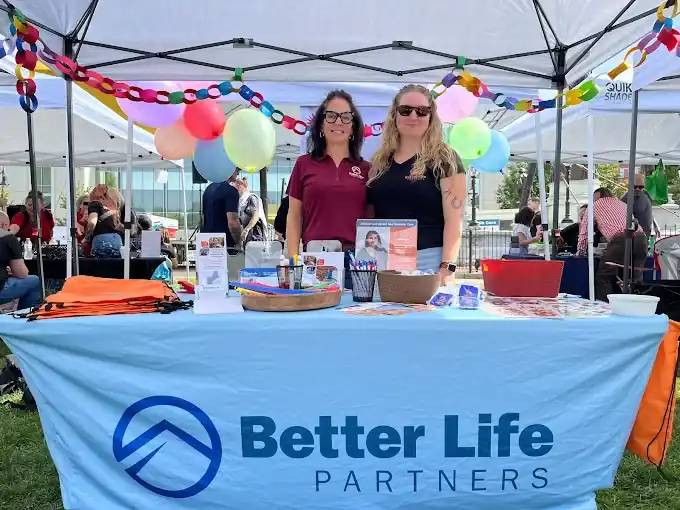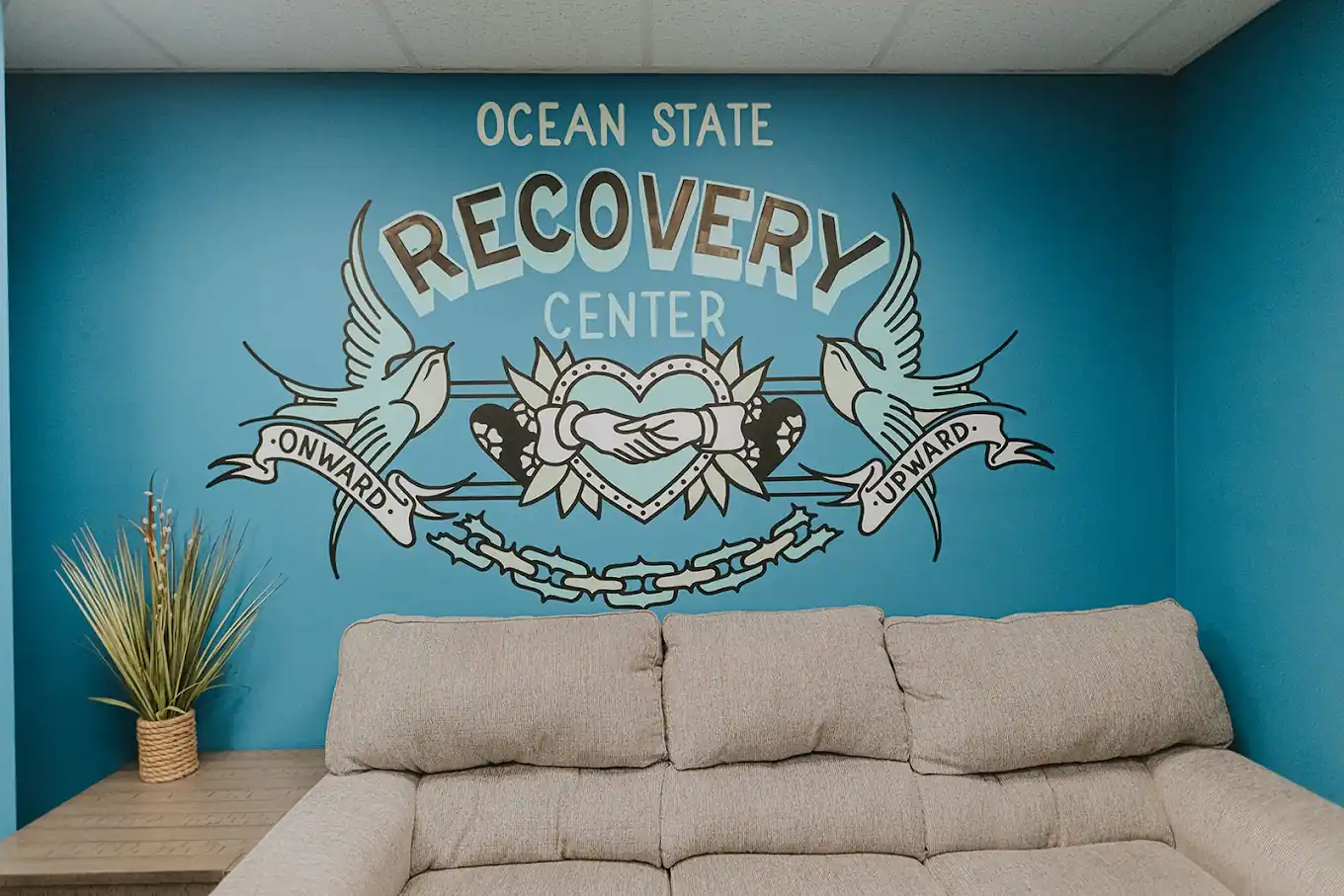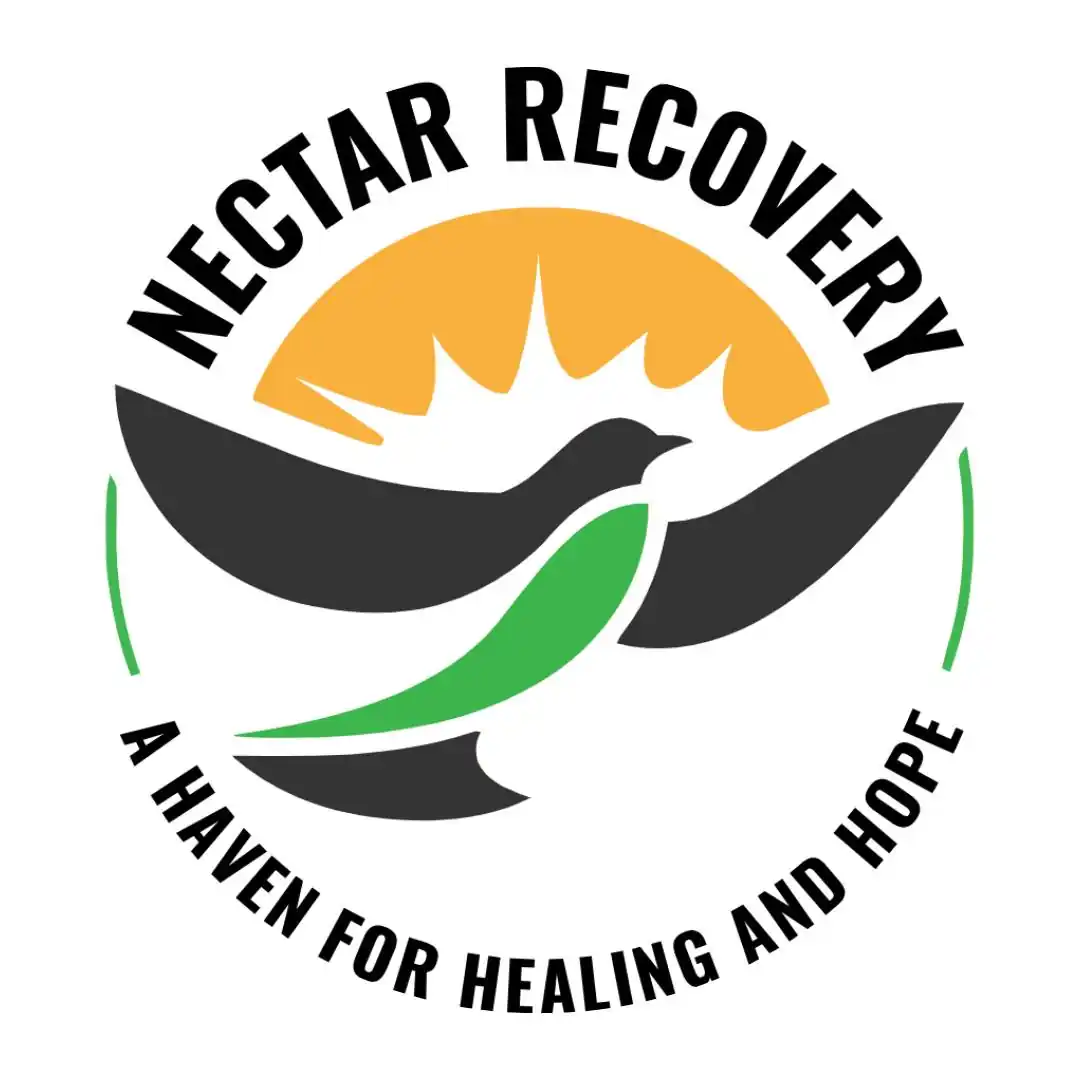At TruPaths, we understand that cocaine addiction often starts with energy, confidence, or a sense of escape but ends with exhaustion, anxiety, and emotional isolation. Whether it’s powder cocaine or crack, the crash is real and so is the shame that often follows.
This page exists to help you understand what cocaine addiction looks like, why it happens, and how recovery can start not with punishment, but with compassion and care. We don’t offer treatment ourselves, but we help connect you with reputable recovery centers that do.








